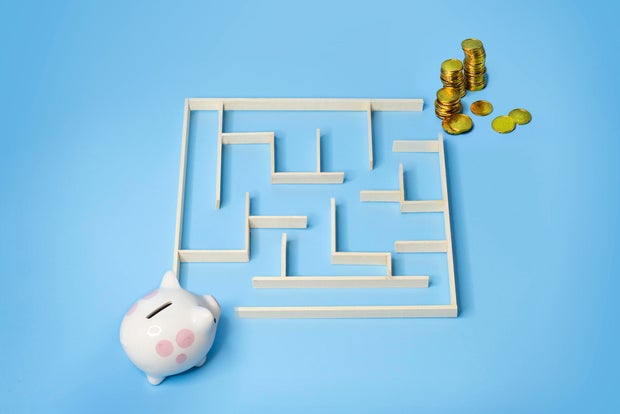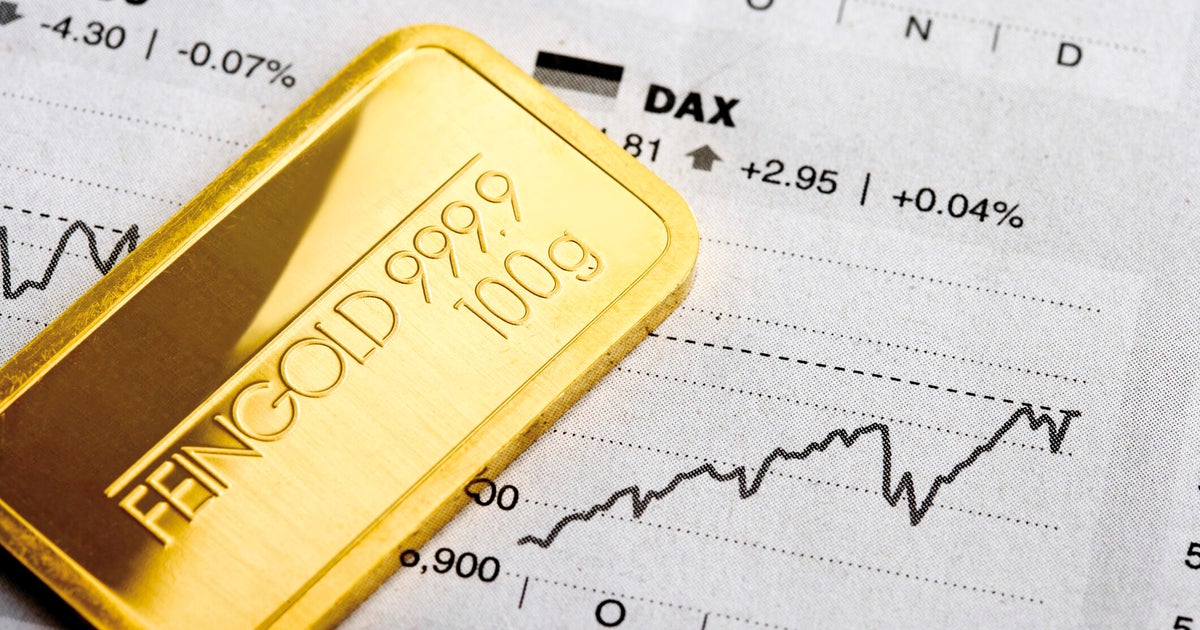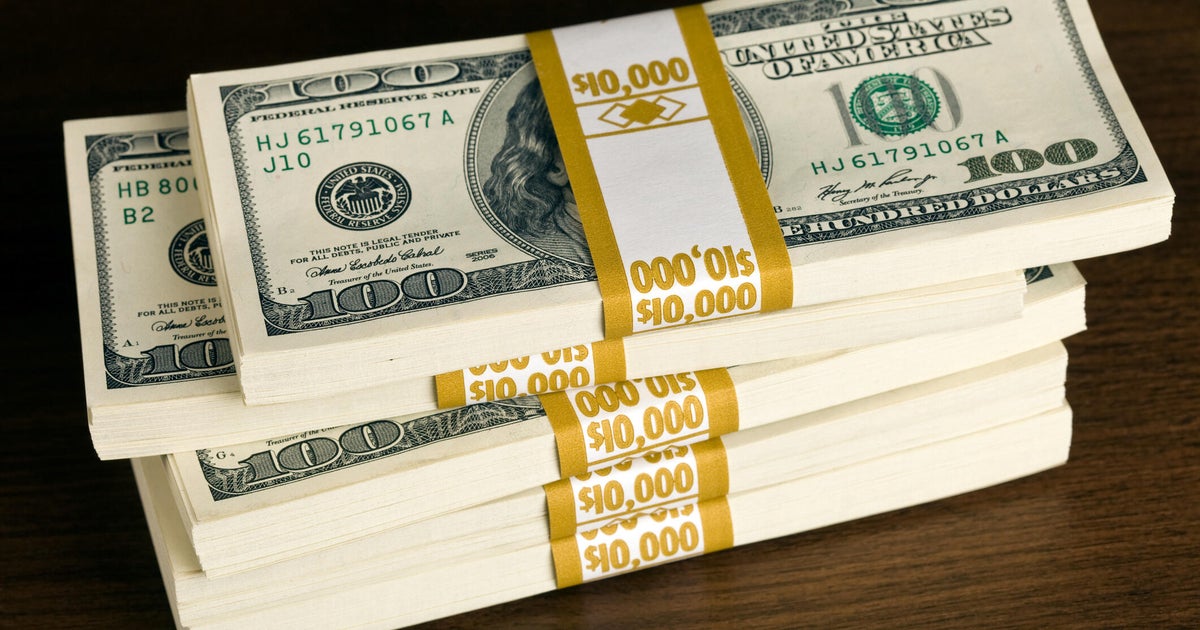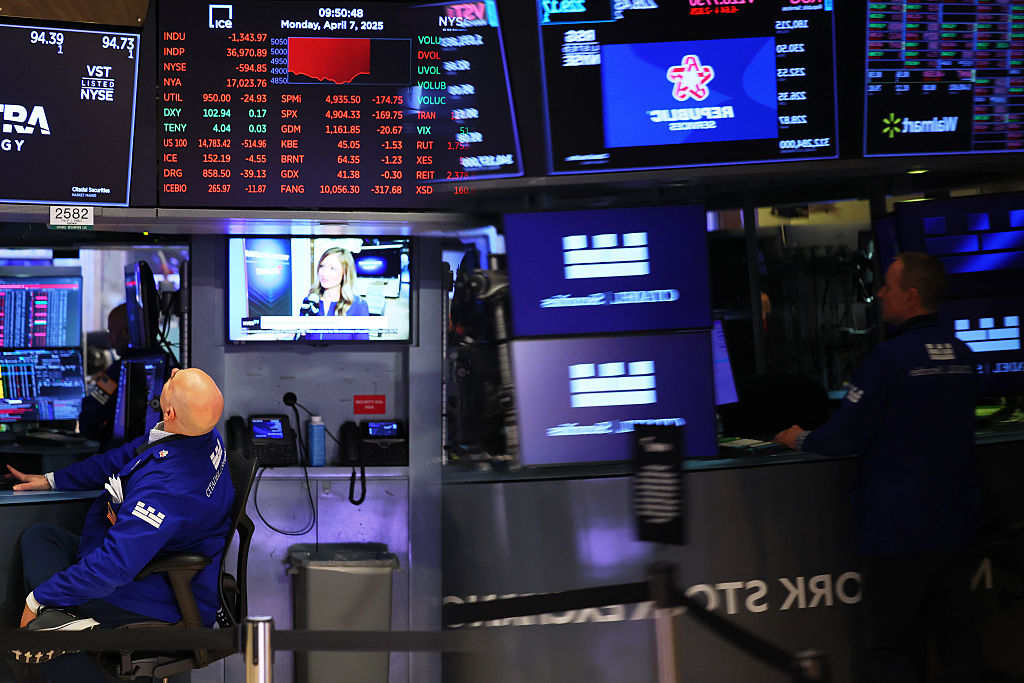3 ways to prepare your savings amid economic uncertainty
In an unpredictable economic landscape, being financially prepared is crucial. And, while it no longer appears that a recession is on the horizon — which experts had predicted earlier this year — there are still numerous factors, including inflation, that are affecting the economy now. Inflation appeared to be cooling in June, it ticked back up in July— and as with the rest of the economy, it's tough to predict what could happen next.
Given the unknowns, it's important to ensure that you're on track with your money — and, in particular, your savings. Your savings can help you weather financial hardships, and you can dip into those funds for any number of reasons, including to cover unexpected bills when money is tight.
One of the most effective ways to safeguard your finances during during periods of economic uncertainty is by strategically managing your savings.
Explore how the right savings product could benefit you here now.
3 ways to prepare your savings amid economic uncertainty
Use the following tactics to prepare your savings for the downturn that could be on the horizon.
Put your savings to work the right way
Stagnant savings can lose value if the economy experiences a downturn — and they may already be doing so because of inflation. Instead of leaving your funds idle in a low-interest account, like a regular savings account, which currently earns just 0.42% interest on average, consider ways to make your savings work better for you instead.
For starters, you can opt for a high-yield savings account, which currently offers rates between 4.5% and 5% or higher. This will help your savings grow more quickly, which can benefit you if you need to dip into that money for unexpected expenses or economic hardships.
You can also put your savings in a certificate of deposit (CD), which is a great way to lock in a high rate of return if you likely won't need to access the money in the near future. There are numerous CD terms to choose from, and right now, many of the CD rates being offered rival what you can get with a high-yield savings account.
Plus, you'll lock in that rate for the life of the CD, so you're guaranteed to earn the same rate on your money, even if rates drop in the future.
Learn more about the top savings rates you could earn here now.
Opt for safe account and investment options
The safety of your savings is a vital component of your savings plan — whether or not the economy is tumultuous. While higher-risk investments might promise higher returns, opting for more secure options can provide peace of mind during any periods of economic instability.
While there are a few different safe investment and account options to consider, it typically makes sense to park at least a portion of your savings in a high-yield savings account because of the high rates noted above. Plus, high-yield savings accounts from banks and credit unions are typically FDIC- or NCUA-insured up to the maximum ($250,000 per depositor, per account). This ensures your money is safe in case of bank failures while your funds continue to grow, even in uncertain times.
However, it's worth noting that the rates on these accounts are variable, so if rates drop, your earnings potential on your savings may decline. That could make a CD with a fixed interest rate the better option. Like high-yield savings accounts, CDs are insured up to the FDIC or NCUA maximum, so they're a safe place to put your money as it grows at a consistent rate.
Focus on your emergency fund
Your emergency fund acts as a financial lifeline during a tough economy, providing a buffer against unexpected expenses and income loss. As such, it's important to focus on this account in preparation for what could come during periods of economic uncertainty.
In normal circumstances, an emergency fund of three to six months' worth of living expenses is recommended. But if you're worried about a potential downturn, consider extending this to six to 12 months to account for potential prolonged economic challenges.
You may also want to cut back on unnecessary spending to redirect the funds toward your emergency fund and other savings goals. Prioritize your needs over wants to ensure you have enough money to put away.
The bottom line
Preparing your savings during uncertain economic periods requires a proactive and diversified approach. By putting your savings to work, opting for safe investment options and building a robust emergency fund, you can position yourself to not only survive but thrive in any economy. Remember that every financial journey is unique, though, so it's helpful to tailor these strategies to your specific circumstances and risk tolerance.




